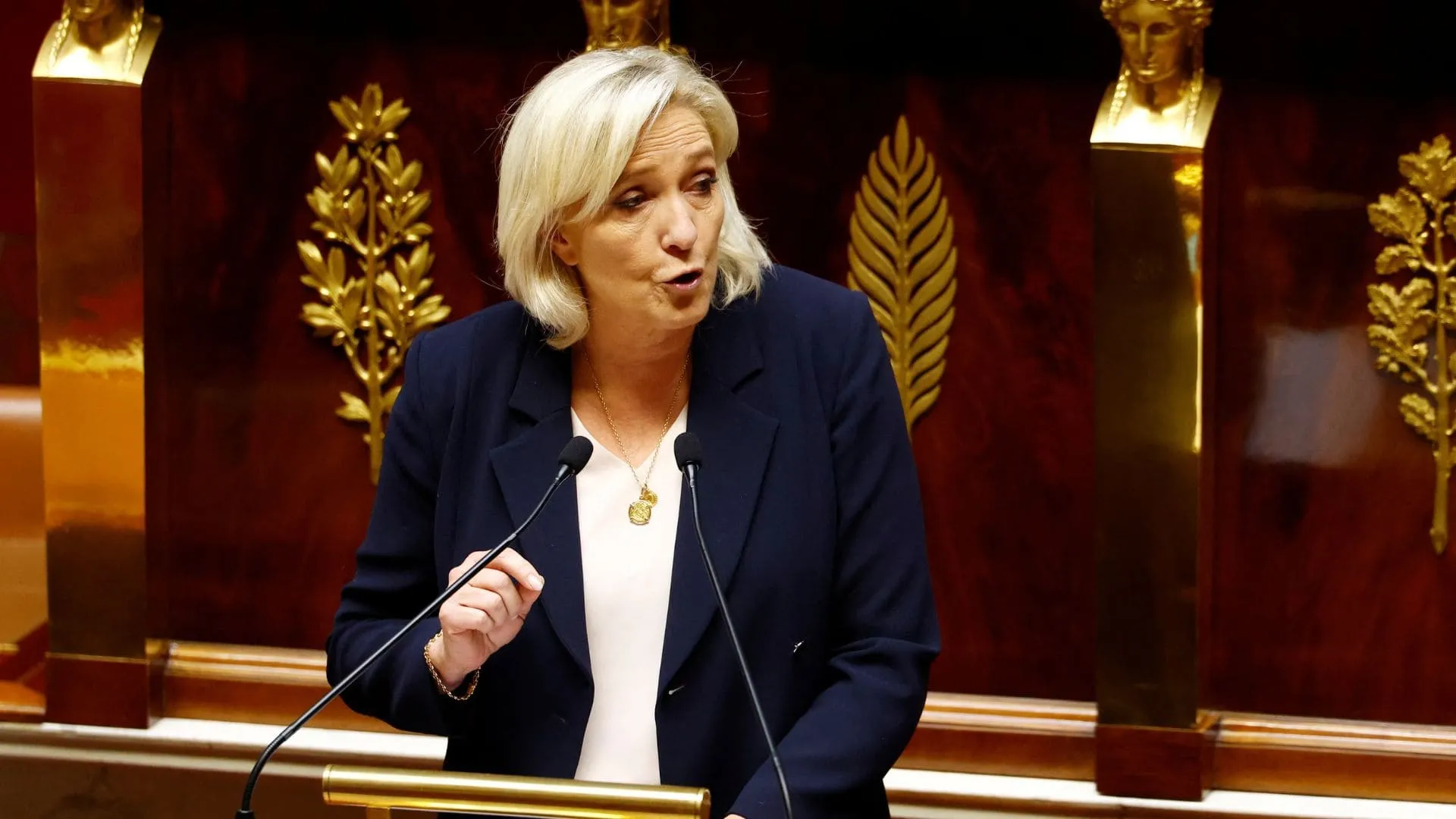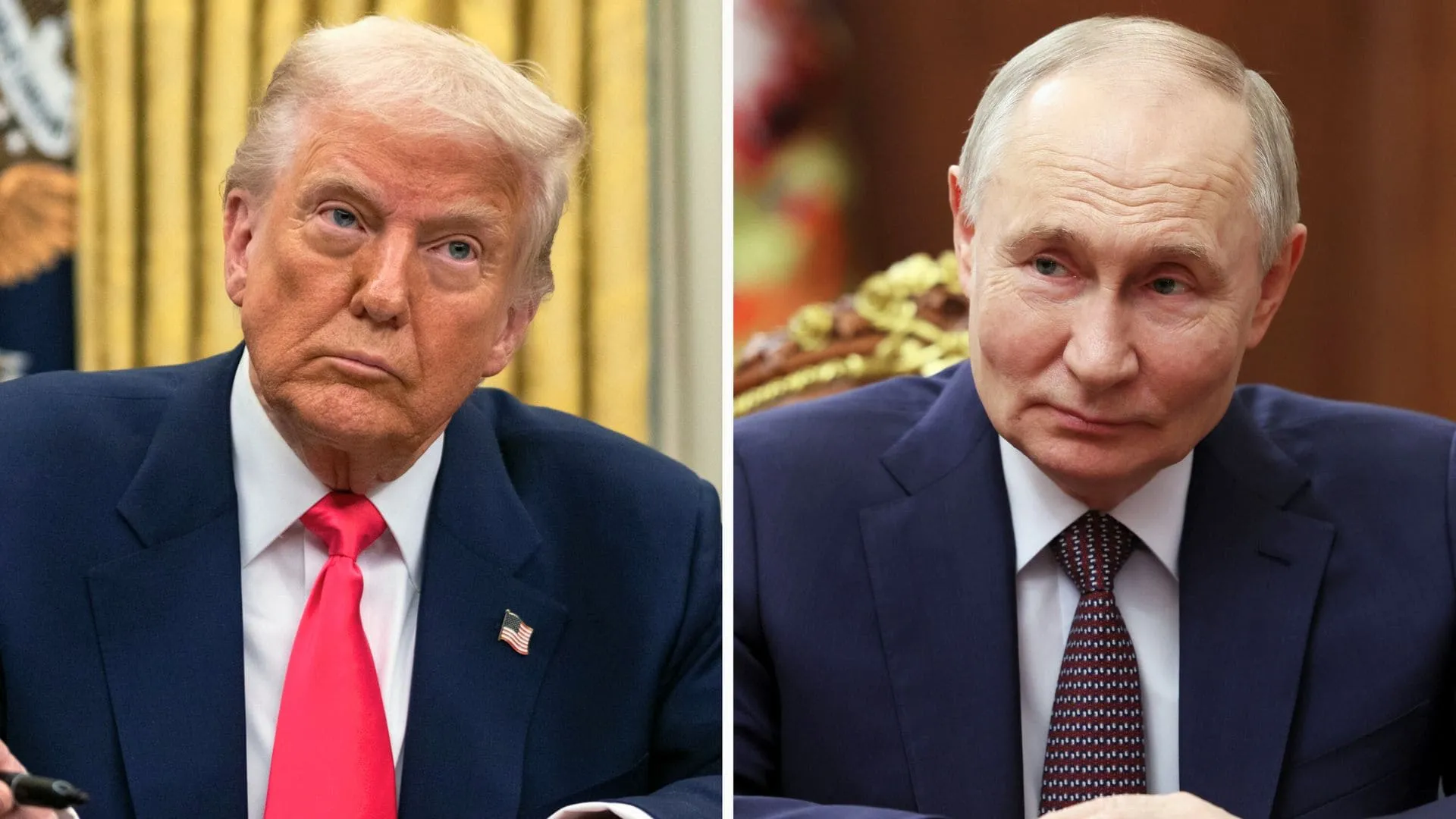YouTube has announced its decision to restrict access to videos featuring performances of the banned protest song “Glory to Hong Kong” in Hong Kong. This move follows a ruling by Hong Kong’s Court of Appeal, which deemed the song illegal to sing or play in the city, asserting that its composer intended it to be used as a “weapon,” as reported by Voice of America.
Responding to the court’s decision, YouTube expressed disappointment but confirmed its compliance with the removal order. While acknowledging concerns about the potential impact on free speech online, the online video sharing platform stated that it is exploring options to file an appeal.
YouTube intends to block access to 32 videos of the song in Hong Kong, which were categorized as “prohibited content” by the court. When attempting to access these banned videos on YouTube in Hong Kong, users are now met with a message indicating that they are “not available on this country domain due to a court order.”
The ban encompasses any dissemination of the song aimed at advocating for Hong Kong’s independence or falsely representing it as the city’s official anthem. Despite being semi-autonomous, Hong Kong lacks its own anthem and instead adopts mainland China’s official anthem, “March of the Volunteers.”
The Court of Appeal’s decision overturns a previous ruling by the High Court, which had raised concerns about freedom of speech. Last year, the government initiated legal action to prohibit the song after Google and other internet service providers declined to remove it from their search results. Both YouTube and Google are subsidiaries of California-based Alphabet.
This recent ban adds to a series of measures by the government to suppress dissenting voices since Beijing imposed a comprehensive security law for Hong Kong in 2020, following the 2019 protests. The security law criminalizes acts of terrorism, separatism, subversion of state power, or collusion with foreign forces. Since its enforcement, numerous pro-democracy activists have been arrested, prosecuted, and imprisoned, leading to a stifling of the once-vibrant civil society in the city.
George Chen, co-chair of the digital practice at the Washington-based consultancy Asia Group, expressed concerns that ongoing pressure from officials to remove online content could tarnish Hong Kong’s reputation as a global financial center. Such actions may raise doubts about the city’s commitment to upholding the free flow of information, Voice of America reported.










